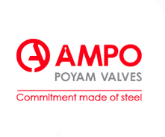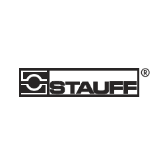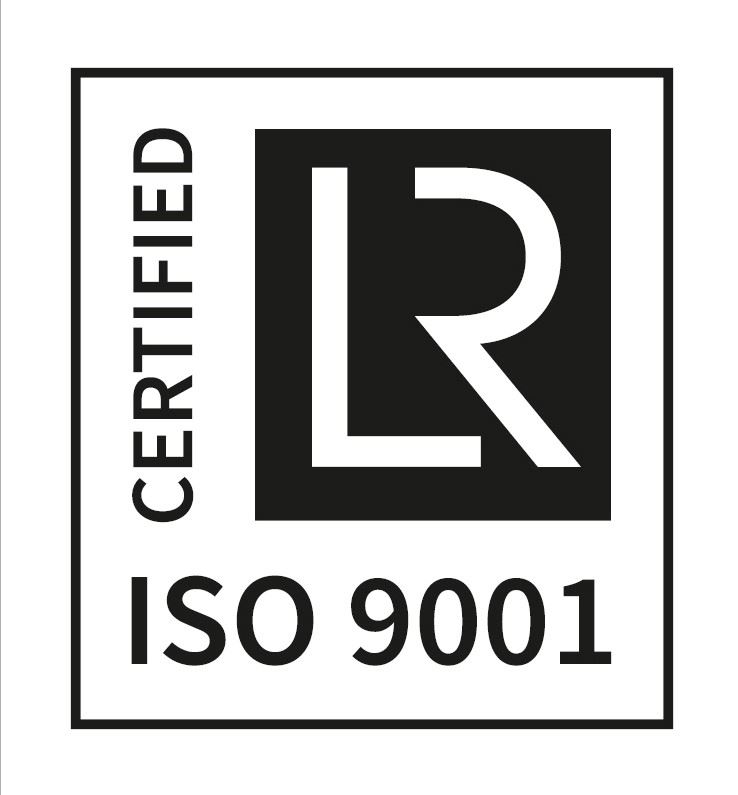Close
- Home Page
- Select a Product
- Back
- Accessories
- Flanges
- Back
- ANSI
- Back
- ANSI CL150 Flange
- Back
- CL150 Blind 304L Flange
- CL150 Boss 304L Flange
- CL150 Blind 316L Flange
- CL150 Boss 316L Flange
- CL150 Pipe Slip On 304L Flange
- CL150 Pipe Slip On 316L Flange
- CL150 Socketweld 304L Flange
- CL150 Socketweld 316L Flange
- CL150 Threaded 316L Flange
- CL150 Tube Slip On 316L Flange
- CL150 Weld Neck 304L Flange
- CL150 Weld Neck 316L Flange
- ANSI CL300 Flange
- Back
- CL300 Blind 304L Flange
- CL300 Boss 304L Flange
- CL300 Blind 316L Flange
- CL300 Boss 316L Flange
- CL300 Pipe Slip On 304L Flange
- CL300 Pipe Slip On 316L Flange
- CL300 Socketweld 304L Flange
- CL300 Socketweld 316L Flange
- CL300 Threaded 316L Flange
- CL300 Weld Neck 304L Flange
- CL300 Weld Neck 316L Flange
- CL300 Weld Neck 321H Flange
- ANSI CL600 Flange
- ANSI CL1500 Flange
- AS4087 Water
- DIN EN 1092-1 Flange
- Table Flange
- Gyrolok
- HOKE NPT Fittings
- Pipe
- Back
- Seamless
- Welded Pipe
- Pipe Fittings
- Back
- BSP
- Buttweld
- NPT
- Back
- CL3000 NPT
- Back
- NPT Elbow 45 Degree CL3000
- NPT Elbow 90 Degree CL3000
- NPT Full Coupling CL3000
- NPT Half Coupling CL3000
- NPT Hex Nipple CL3000
- NPT Hexagonal Head Cap CL3000
- NPT Hexagon Head Plug
- NPT Reducing Bush CL3000
- NPT Reducing Coupling CL3000
- NPT Reducing Nipple CL3000
- NPT Tee CL3000
- NPT Threaded Branch Outlet CL3000
- NPT Union CL3000
- CL6000 NPT
- Nipple
- Pipe Clamps
- Saflok
- Socketweld
- Vic-Press
- Tube
- Back
- Nylon Instrument Tube
- Seamless
- Welded Tube
- Back
- 304 CW Polished 320 GRIT AS1528.1 Tube
- 304 Square ASTM A554 180 GRIT Tube
- 304L As Welded EN 10217-7 Tube
- 304L AW Polished 320 GRIT ASTM A554 Tube
- 304L AW Polished 600 GRIT ASTM A554 Tube
- 304L Cold Worked AS1528.1 Tube
- 316L As Welded EN 10217-7 Tube
- 316L AW Polished 320 GRIT ASTM A554 Tube
- 316L AW POLISHED 600 GRIT ASTM A554 Tube
- 316L Cold Worked AS1528.1 Tube
- 316L CW Polished 320 GRIT AS1528.1 Tube
- 316L Square Tube
- Tube Fittings
- Valves
- All Brands
- Product Range
- Gyrolok
- Media
- Contact Us
Menu
- Home Page
- Select a Product
- Back
- Accessories
- Flanges
- Back
- ANSI
- Back
- ANSI CL150 Flange
- Back
- CL150 Blind 304L Flange
- CL150 Boss 304L Flange
- CL150 Blind 316L Flange
- CL150 Boss 316L Flange
- CL150 Pipe Slip On 304L Flange
- CL150 Pipe Slip On 316L Flange
- CL150 Socketweld 304L Flange
- CL150 Socketweld 316L Flange
- CL150 Threaded 316L Flange
- CL150 Tube Slip On 316L Flange
- CL150 Weld Neck 304L Flange
- CL150 Weld Neck 316L Flange
- ANSI CL300 Flange
- Back
- CL300 Blind 304L Flange
- CL300 Boss 304L Flange
- CL300 Blind 316L Flange
- CL300 Boss 316L Flange
- CL300 Pipe Slip On 304L Flange
- CL300 Pipe Slip On 316L Flange
- CL300 Socketweld 304L Flange
- CL300 Socketweld 316L Flange
- CL300 Threaded 316L Flange
- CL300 Weld Neck 304L Flange
- CL300 Weld Neck 316L Flange
- CL300 Weld Neck 321H Flange
- ANSI CL600 Flange
- ANSI CL1500 Flange
- AS4087 Water
- DIN EN 1092-1 Flange
- Table Flange
- Gyrolok
- HOKE NPT Fittings
- Pipe
- Back
- Seamless
- Welded Pipe
- Pipe Fittings
- Back
- BSP
- Buttweld
- NPT
- Back
- CL3000 NPT
- Back
- NPT Elbow 45 Degree CL3000
- NPT Elbow 90 Degree CL3000
- NPT Full Coupling CL3000
- NPT Half Coupling CL3000
- NPT Hex Nipple CL3000
- NPT Hexagonal Head Cap CL3000
- NPT Hexagon Head Plug
- NPT Reducing Bush CL3000
- NPT Reducing Coupling CL3000
- NPT Reducing Nipple CL3000
- NPT Tee CL3000
- NPT Threaded Branch Outlet CL3000
- NPT Union CL3000
- CL6000 NPT
- Nipple
- Pipe Clamps
- Saflok
- Socketweld
- Vic-Press
- Tube
- Back
- Nylon Instrument Tube
- Seamless
- Welded Tube
- Back
- 304 CW Polished 320 GRIT AS1528.1 Tube
- 304 Square ASTM A554 180 GRIT Tube
- 304L As Welded EN 10217-7 Tube
- 304L AW Polished 320 GRIT ASTM A554 Tube
- 304L AW Polished 600 GRIT ASTM A554 Tube
- 304L Cold Worked AS1528.1 Tube
- 316L As Welded EN 10217-7 Tube
- 316L AW Polished 320 GRIT ASTM A554 Tube
- 316L AW POLISHED 600 GRIT ASTM A554 Tube
- 316L Cold Worked AS1528.1 Tube
- 316L CW Polished 320 GRIT AS1528.1 Tube
- 316L Square Tube
- Tube Fittings
- Valves
- All Brands
- Product Range
- Gyrolok
- Media
- Contact Us




































